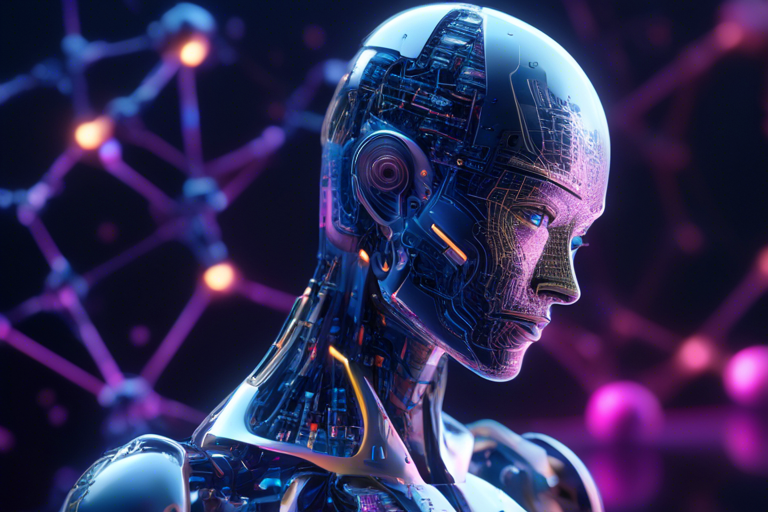Understanding the Differences Between Narrow AI vs AGI
Artificial intelligence (AI) has been a transformative force globally, impacting individuals and industries. The field of AI ranges from Narrow AI, which is specialized and task-specific, to Artificial General Intelligence (AGI), which aims to replicate human-like cognitive abilities. It is essential to understand the variances between Narrow AI and AGI to grasp the past, present, and future potential of AI technology.
Narrow AI – Specialized and Task-Specific
Narrow AI, also known as Weak AI, is designed for specific tasks or a narrow range of tasks within predefined parameters:
- Voice assistants like Siri and Alexa
- Recommendation systems on platforms like Netflix and Amazon
- Image and speech recognition technologies
OpenAI’s ChatGPT is a form of Narrow AI, excelling at understanding and generating human-like text based on input but lacking general intelligence, consciousness, or self-awareness.
AGI – The Quest for Human-Like Intelligence
Artificial General Intelligence (AGI), also known as Strong AI, is a theoretical form of AI possessing cognitive capabilities similar to humans:
- Ability to generalize learned concepts to new situations
- Interpreting tasks in the context of the world
- Exhibiting autonomy, reasoning, & problem-solving abilities
Fundamental Differences Between Narrow AI and AGI
The primary distinctions between Narrow AI and AGI are:
- Scope, generality, and versatility
- Learning and adaptability strategies
- Understanding and reasoning capabilities
From Narrow AI to AGI and Beyond
The development of AGI raises ethical and societal concerns beyond current AI applications:
- Issues of privacy, security, and employment
- Ethical decisions in complex situations
- Potential existential risks and unintended consequences
Decentralizing AI and developing AGI can distribute control and decision-making to ensure alignment with human values, requiring robust ethical principles and global cooperation.
Hot Take: The Future of AI Development
The advancement from Narrow AI to AGI poses significant opportunities and challenges in the AI landscape, ushering in a new era of innovation and ethical considerations. As technology progresses, embracing ethical guidelines and decentralization can pave the way for the safe and beneficial integration of AGI into society.





 By
By
 By
By

 By
By
 By
By
 By
By